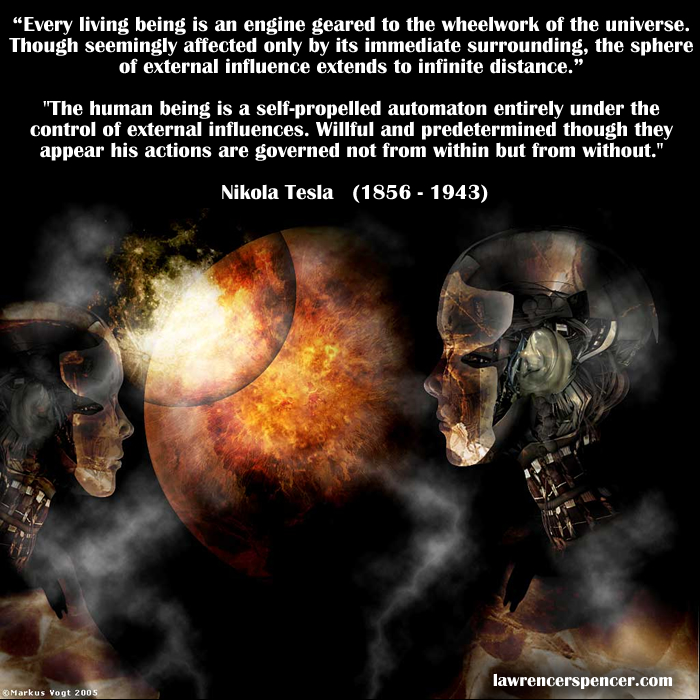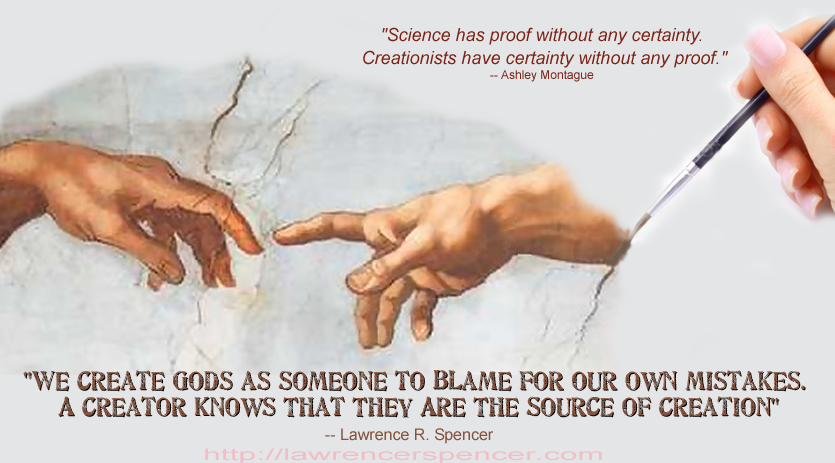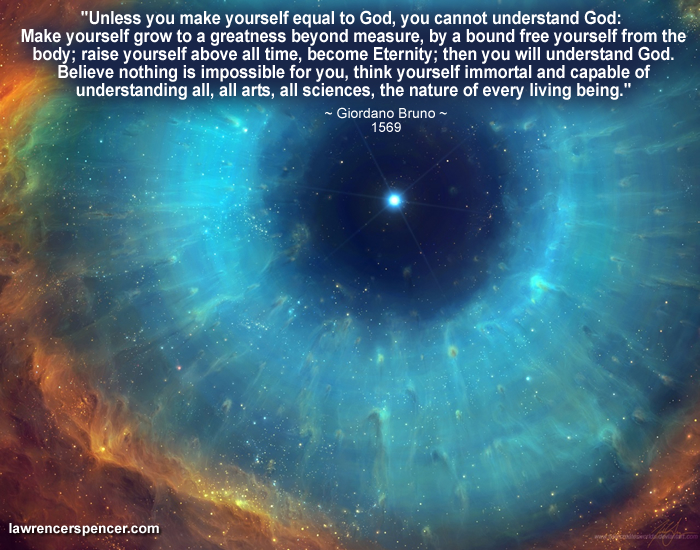Republished by Blog Post Promoter
 Predeterminism is the idea that all events are determined in advance. Predeterminism is the philosophy that all events of history, past, present and future, have been already decided or are already known (by God, fate, or some other force), including human actions.
Predeterminism is the idea that all events are determined in advance. Predeterminism is the philosophy that all events of history, past, present and future, have been already decided or are already known (by God, fate, or some other force), including human actions.
The concept of predeterminism implies that there is an unbroken chain of prior occurrences stretching back to the origin of the universe. In the case of pre-determinism, this chain of events has been pre-established, and human actions cannot interfere with the outcomes of this pre-established chain.
“Tesla-determinism” is the observation and opinion of Nikola Tesla (arguably the most intelligent human in the history of Earth) that “Every living being is an engine geared to the wheelwork of the universe. Though seemingly affected only by its immediate surrounding, the sphere of external influence extends to infinite distance.” and “The human being is a self-propelled automaton entirely under the control of external influences. Willful and predetermined though they appear his actions are governed not from within but from without.”
Although humans and other sentient being in the physical universe may be somewhat “self-determined” it is only with the context of a very finite and limited ability to influence the “wheelwork of the universe” of which the existence of all living “engine” is an automaton inextricably linked and predetermined by external influences.
“The gift of mental power comes from God, Divine Being, and if we concentrate our minds on that truth, we become in tune with this great power.”
Example: In the Lensmen Series books, by E.E. Smith, the god-like guardians of civilization know as “Mentor” conceived a “Cosmic All” in which every detail of existence was envisioned and planned in advance. Envisioning and causing every aspect of existence was a game played for the amusement of Mentor.
This idea does not necessarily exclude the notion that “divine” spiritual entities are creating and moving the “gears” of our universe. Telsa was certainly aware of a “Divine Being”. Our ability to determine our own existence depends on concentrating our minds to become in tune with “this great power”. Tesla was certainly a preeminent practitioner of this ability.
~ Lawrence R. Spencer. 2016.



